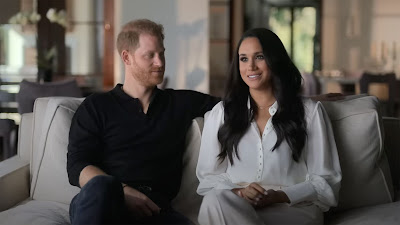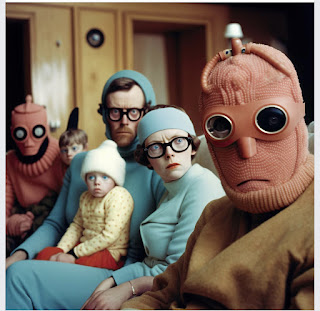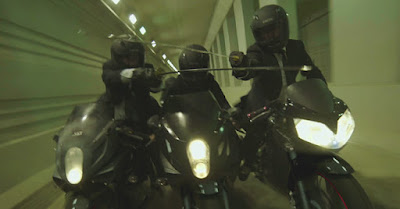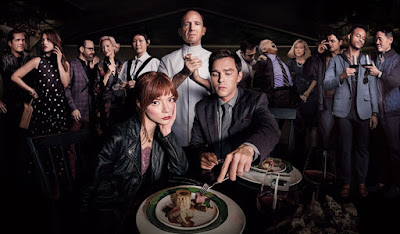And so we made it through to end of Dark, and shortly afterwards I learned that 1899 had been cancelled by the Netflix algorithm-keepers after just one season, ostensibly because only 32% of viewers had turned out to be completers.
I cannot say I am entirely disappointed about that, as I think we've both had our fill of the creators's metaphysical schtick for the foreseeable future.
Indeed, the longer Dark went on the more it started to echo some of the obvious weaknesses of its successor show. It was perhaps at its best in the first season when time was taken to show characters' emotional evolution, engaged in activities not entirely related to the build-up of plot convolutions.
It then reminded us of previous European explorations of the uncanny, such as Les Revenants. It had the seemingly obligatory spooky child, lots of characters chasing their tails and others, apparently a bit more clued up, who'd occasionally interrupt proceedings to deliver expositionary set-piece speeches which, when you thought about it, didn't really explain that much at all.
If much of the dramatic tension in the first season had derived from characters withholding information from each other, there was an open declaration of a new season's resolution to share the truth more liberally as the second set of episodes kicked off.
I'm not sure that the story was either scientifically or philosophically as sophisticated as it wished to appear. The balance between intellectual complexity and representational simplicity was often off and I did let out a sigh when Schrödinger's cat popped up for a late cameo.
At least the eventual landing was a lot more satisfactory than that experienced by the passengers of other puzzle box shows I could mention, such as Lost.
Yet loose ends there were, and there was more than a whiff of rotting red herring in the background throughout the last few installments Baran Bo Odar and Jantje Friese resisted the temptation to devote the very final episode to resolution and instead introduced an entirely novel plane of complexity. There was even a small gag about the loose ends which would not be tied up right at the end (regarding one character's damaged eye).
I think they had an outline of where they were going from the start (always a good thing) yet the route taken was a bit more 'on the fly'.
If one borrows from Einstein in the rather condensed fashion they seem to approve of, the whole of spacetime might be viewed as a series of discreet, disconnected units. There are thus any number of pathways through this 'labyrinth' yet, crucially, from the perspective of a human storyteller, some are bound to me more satisfying than others.
And this in the end is one of the issues I have with their style: the order and flow of the scenes seems somehow sub-optimal, and increasingly so as one proceeds.
Add to that the presence of parallel realities in which narrative arcs are scrambled and certain characters alive and dead at the same time, it's not surprising that a significant chunk of the audience might tend to become rather less sticky.
Spoiler alert...
Perhaps the biggest issue that I had with the finale was the rationale for the choice made by Jonas and Martha. They seemed to be doing it ultimately to secure a happier middle age for a character called Regina, a relatively minor personage overall I found I cared less about than her mother. And it was never clear that happy Regina in the originating universe would not have simply got on with her ordinary fate even if the split worlds were also permitted to persist. Indeed, all the more likeable characters had been tied up in 'the knot' and so were in a sense erased by Adam and Eve's sacrifice.



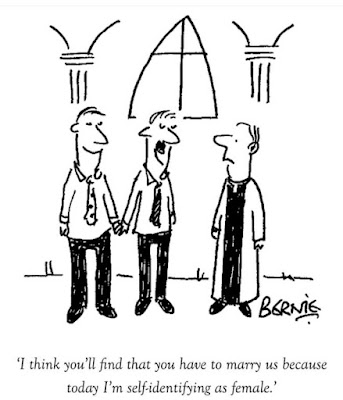







.jpg)


